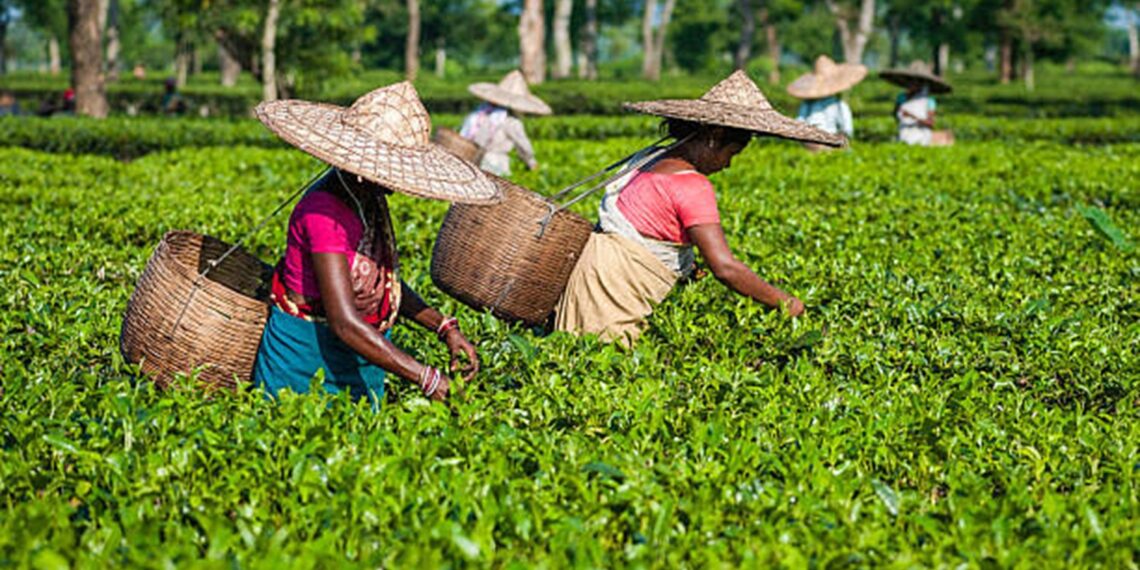New Delhi: The Indian tea industry, a key contributor to the nation’s economy, employs around 12 lakh workers, with an impressive 58% being women, Union Commerce Minister Piyush Goyal highlighted on Thursday.
“Women are at the forefront of India’s flourishing tea sector. Our aromatic teas continue to captivate global markets, driving consistent export growth,” Goyal shared on X, formerly known as Twitter.
In the fiscal year 2025, India exported 263 million kilograms of tea, earning Rs. 7,818 crore, according to the Directorate General of Commercial Intelligence and Statistics (DGCIS).
This marks a 10.8% rise in export value, reaching $0.92 billion compared to $0.83 billion in the previous year.
Despite global geopolitical uncertainties, tea exports hit a decade-high in 2024, with 255 million kilograms shipped. India remains one of the world’s top five tea exporters, contributing nearly 10% to global tea trade.
Major export destinations include the UAE, Iraq, Iran, Russia, the USA, and the UK.
Renowned for producing some of the world’s finest teas, India’s Assam, Darjeeling, and Nilgiri teas dominate the market.
Black tea accounts for 96% of exports, while other varieties such as green tea, herbal tea, masala tea, and lemon tea are also gaining traction internationally.
Efforts to enhance production, develop a unique brand identity for Indian tea, and support the welfare of tea workers have played a pivotal role in strengthening the sector.
India boasts approximately 2.3 lakh small tea growers, forming an integral part of the supply chain.
Key tea-producing regions include Assam Valley and Cachar in Assam; Dooars, Terai, and Darjeeling in West Bengal; and southern states like Tamil Nadu, Kerala, and Karnataka, which collectively contribute 17% to the nation’s total tea output.















